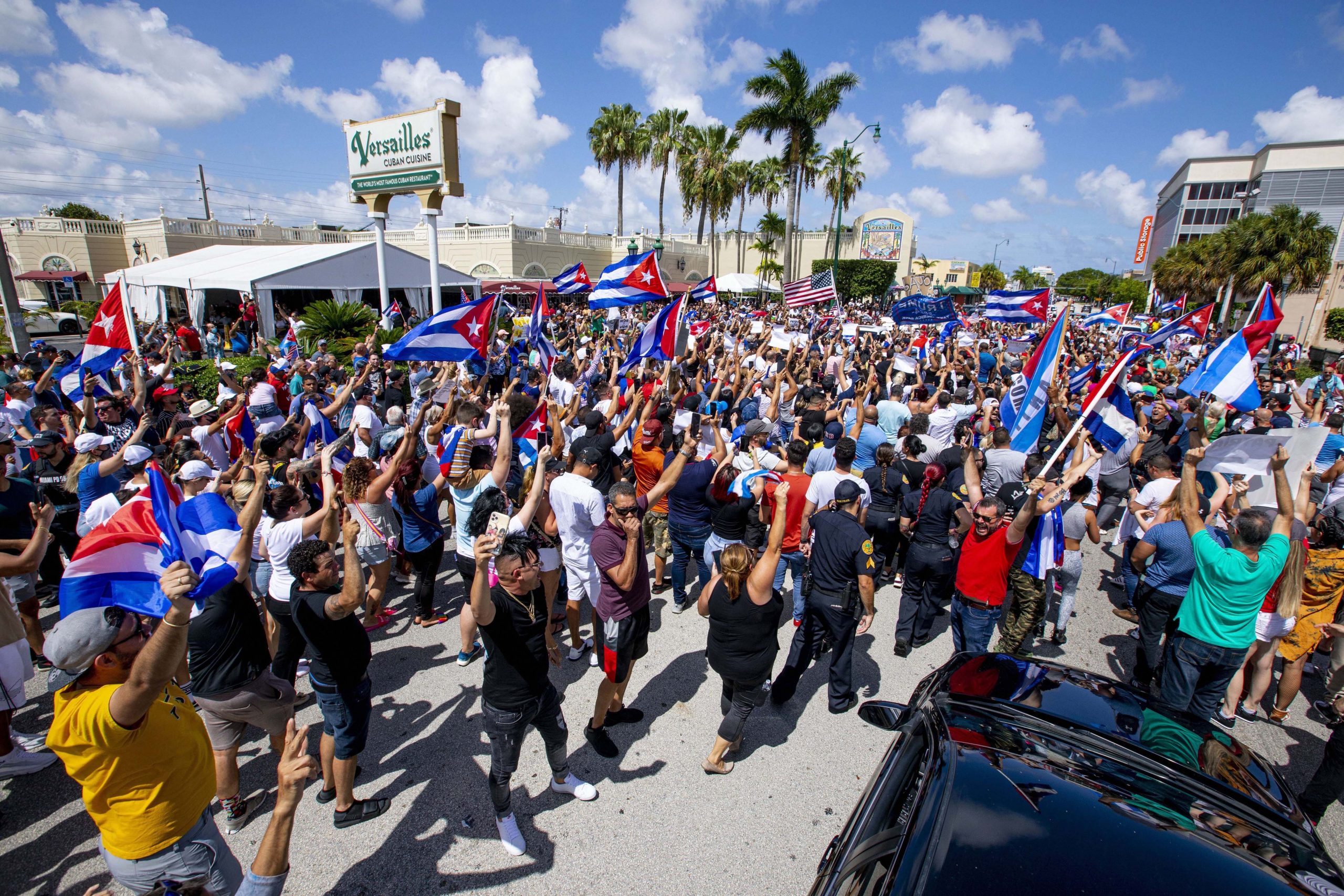The Cuban
government has cut off Internet in large parts of the country after Afro-Cubans
took to the island’s streets calling for democratic reform.
Florida
lawmakers, both Democratic and Republican, are now trying to lobby the US
government to restore Internet access to the island as families and friends of
Cubans in the US are struggling to get in touch with their families back home.
The
Internet crackdown in Cuba is intended to keep protestors from communicating
with one another.
“These
Internet blackouts have really been damaging,” said Dr Amalia Dache, an Afro-Cuban
American scholar at the University of Pennsylvania to States Newsroom.
Much of the
Cuban American population in the United States is concentrated in Florida.
According to Pew Research, 66% of Cuban Americans live in areas such as
Miami-Dade County and Hillsborough County.
There are
nearly 2.5 million Cuban Americans in the US with 1.5 million residing in
Florida alone.
Four
per cent Cuban Americans also live in New Jersey. Florida’s senior US senator,
Democrat Bob Menendez, himself the son of Cuban parents, has been pushing for
US sanctions on Cuba.
White House
press secretary Jen Psaki said that the Biden administration is “exploring a
range of options on restoring internet access between the US and Cuba”.
“We are
quite focused on and interested in restoring internet access to the people of
Cuba,” Psaki said.
The Cuban
government’s internet curbs, and thus curbs on social media, have fueled numerous
protests across the island.
Protests
first began after shortages of food and COVID-19 vaccines were reported on the Afro
Cuban neighbourhoods of the island. From there, protests quickly spread to 62
cities across the country.
Afro Cubans
form the most marginalized section of the Cuban population and it is estimated
that nearly 70% Cubans are of African descent.







